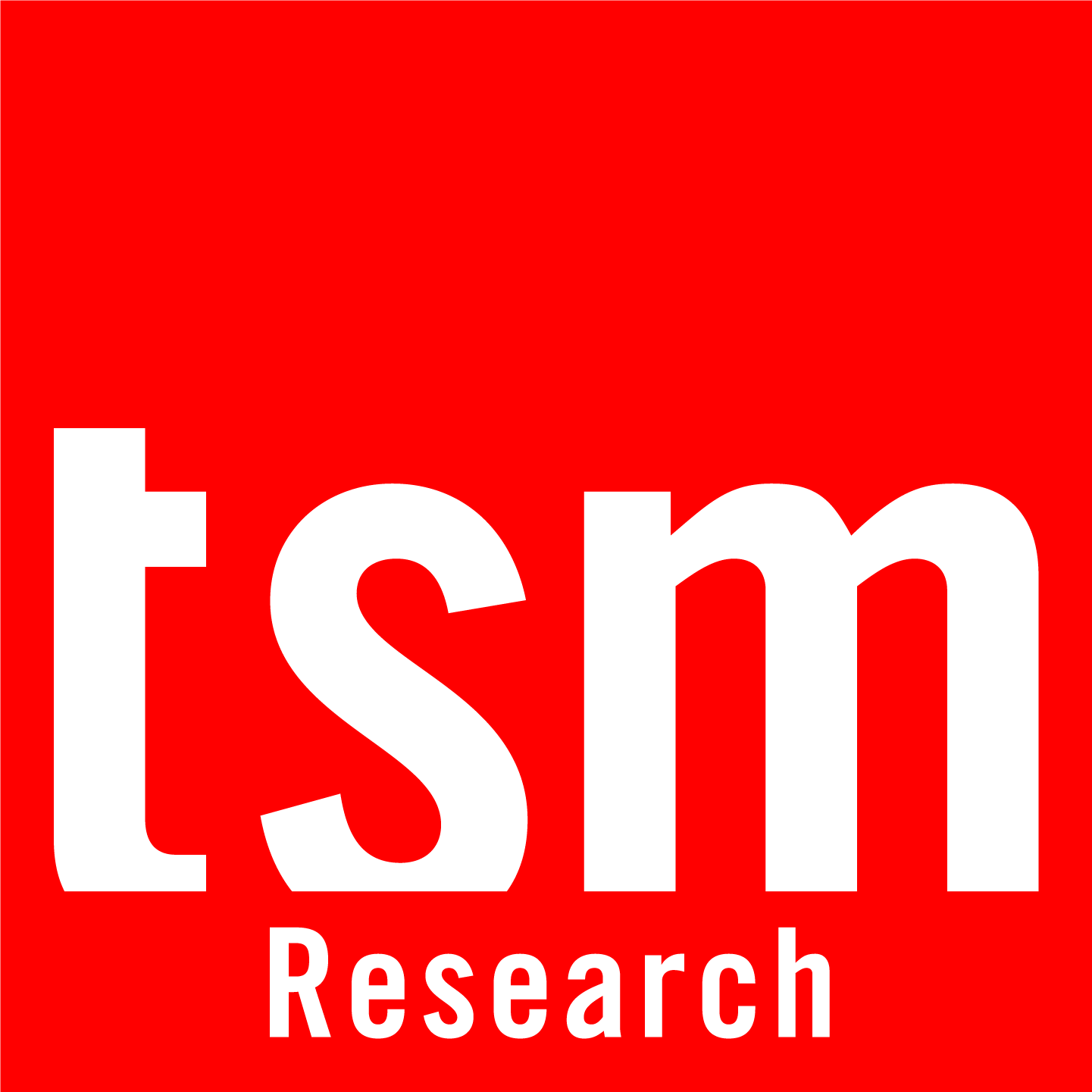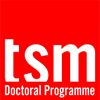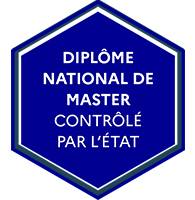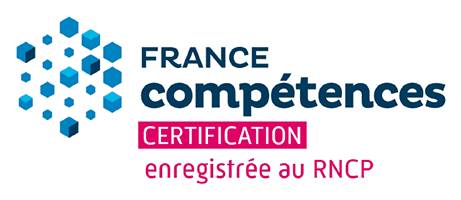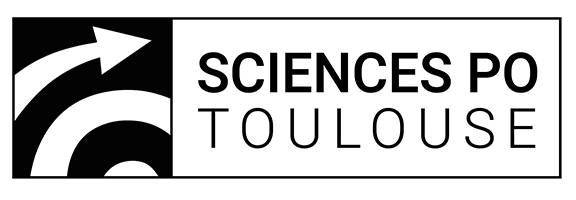Gestion des ressources humaines
Formation initiale, Formation en alternance (contrat apprentissage), Formation en alternance (contrat de professionnalisation), Eligible VAE
Français
Présentiel
Bac +4
Bac +5
septembre 2025 - septembre 2026
2 semestres
Oui
90%
Toulouse
Vous voulez être capable d'analyser les problèmes et les différentes situations de la gestion RH ? Vous souhaitez être en mesure de répondre aux différents enjeux stratégiques liés à votre environnement managérial ?
Le Master 2 Management des ressources humaines vise à former, par l'alternance, de futurs professionnels de l'encadrement RH, pragmatiques et méthodiques, capables d’évoluer vers des postes à responsabilité dans le domaine de la GRH et du conseil. Cette formation forme les étudiants à la maîtrise des spécificités de la fonction RH et sa dynamique managériale. Le programme permet de consolider et approfondir les différentes théories et méthodes, pour contribuer à l'innovation des outils et solutions RH en lien avec la stratégie des entreprises dans le cadre d'une approche globale et transversale.
Tout au long de ce master, il est question de construire et affiner votre identité professionnelle avec l'accompagnement de professionnels qualifiés et passionnés.
Patrice Roussel, responsable pédagogique (année 2022/2023)


La possibilité de développer de la recherche et des formations en les articulant en symbiose avec le monde des entreprises. Le soutien administratif et la qualité des étudiants forment des atouts qui permettent de progresser en permanence et de réaliser notre projet : former des étudiants employables, agiles, instruits, humbles et travailleurs.
Partenaire
Le partenariat établit entre TSM et l'IEP Sciences Po Toulouse permet de proposer une formation d'autant plus qualitative avec un panel d'étudiants plus varié et complémentaire. L'objectif est de permettre à des profils spécialistes d'intégrer ce master pour développer leurs connaissances et leurs expertises multidisciplinaires.
Les atouts de la formation
- L'acquisition pour les étudiants de savoirs théoriques, savoirs-faire et savoirs-être professionnels pour être performant et employable
- Une formation complète avec l'acquisition de compétences précises pour faciliter la future insertion professionnelle
- Un programme actualisé qui prend en compte les enjeux RH émergents avec notamment la digitalisation de la fonction
- Une transmission de savoirs faire par des professionnels du secteur passionnés par leur métier
Les objectifs de la formation
- Mettre en œuvre une vision stratégique et socialement responsable de la gestion des ressources humaines
- Comprendre le fonctionnement humain des organisations et adapter les pratiques de management
- Piloter la GRH en conformité avec le droit social et manager les relations sociales et la négociation collective
- Intégrer les enjeux économiques, financiers et sociaux au pilotage du management des ressources humaines
- Piloter les ressources humaines de l'entreprise
- Conduire le changement organisationnel
- Communiquer en interne et en externe sur la politique de ressources humaines
- Maîtriser les outils numériques, d'analyse de données et les méthodes de recherche
- Mettre en pratique les domaines d'action incontournables de la GRH dans un contexte international
- Communiquer efficacement (argumenter, convaincre) à l'oral et à l'écrit
- Interagir en équipe de façon responsable et éthique
-
65 %
Taux de sélection
-
96 %
Taux de réussite aux examens
-
90 %
Taux de satisfaction
Nos étudiants en parlent


J’ai choisi TSM dans un premier temps pour la renommée et la reconnaissance de ses diplômes. Chose qui s’est confirmée et se confirme encore aujourd’hui, par des retours d’employeurs et des besoins en recrutement étudiants d’IAE exprimés par les entreprises. Par ailleurs, j’ai également choisi TSM au vu de son format école, puisqu’après ma licence de Droit, j’avais besoin de retrouver un accompagnement, un cadre et également un esprit de groupe pour finir au mieux mon cursus.


J’ai choisi TSM tout d’abord pour la reconnaissance de ses diplômes car je souhaitais avoir un diplôme reconnu en France et à l’international. Aujourd’hui je vois que ce diplôme a beaucoup de valeur aux yeux des entreprises. J'ai décidé également de m’orienter vers TSM pour le large choix de cursus de formations possibles. Enfin, mon frère ayant intégré TSM il y a quelques années, m’avait rassuré à propos de la qualité des enseignements.


J’ai choisi TSM pour la qualité des cours dispensés par les professeurs et les intervenants professionnels et pour la diversité des formations proposées dans le domaine de la gestion. C’est également un excellent intermédiaire entre une université publique et une école de commerce.
Comptes-rendus des conférences, réunions et tables rondes
Contacts
Responsable pédagogique





